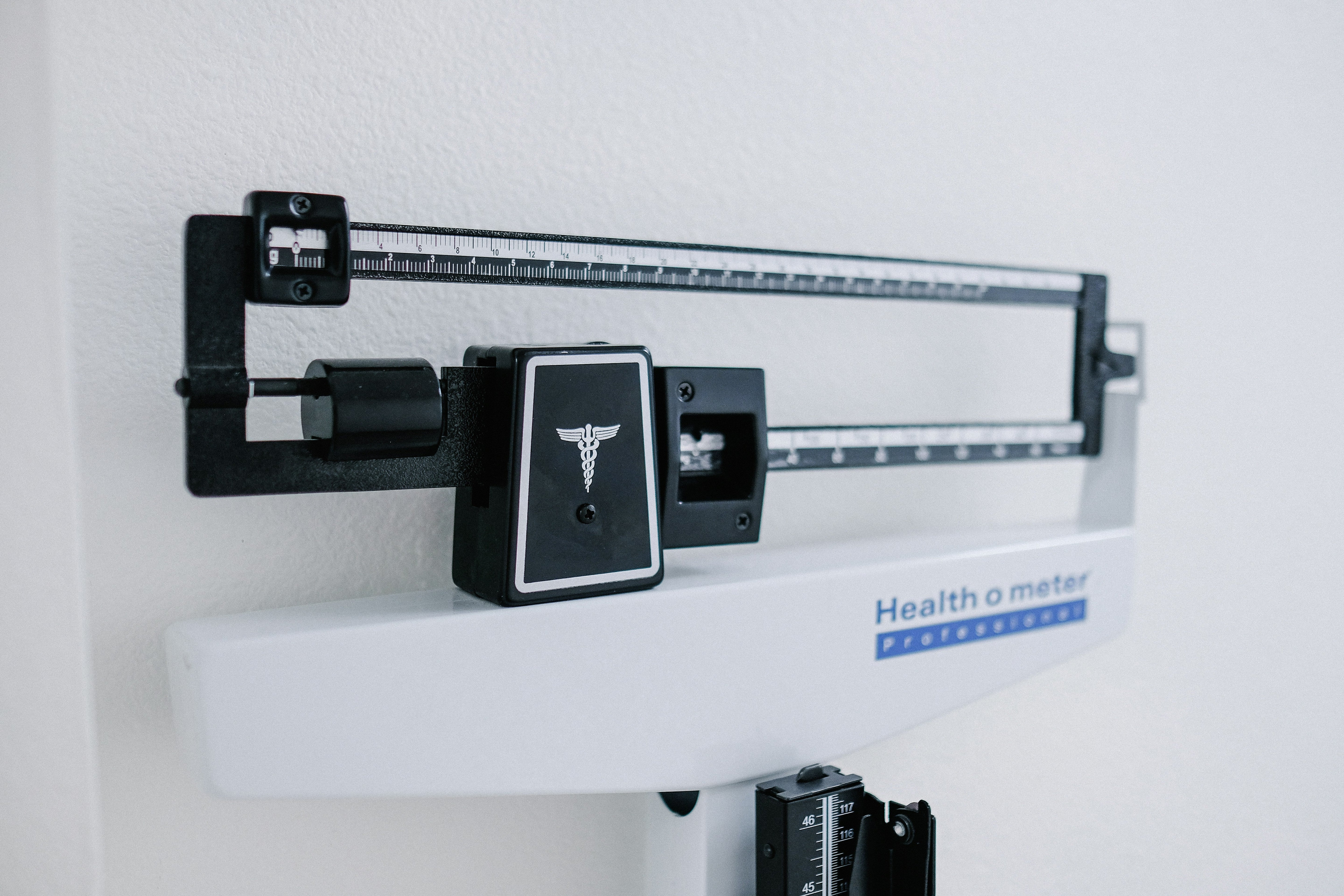Inherited heart conditions are the result of faulty genes that are inherited from parents and can be passed down for generations. They arise from instructions in our DNA to affect cellular processes in the body. From such small changes, the effects of inherited heart conditions can be far-reaching.
The Heart
The heart is an incredible muscle that functions all day every day to keep us alive. Its functions are the result of muscular chambers, electrical impulses and intricate blood vessels all working together in a coordinated set of motions. With such a complex mechanism, there are unfortunately, many ways inherited heart conditions can present themselves. By breaking these different conditions down into types we can better understand what to look out for. Let’s go over the most common types.
Cardiomyopathies
Cardiomyopathies are defects in the way the heart grows and functions. The muscular components of the heart form a complex array of chambers that need to beat at just the right time to pump blood properly. Muscle fibres in the heart do much more than simply contract like the muscles in your arms. They need to be flexible and compliant to accommodate blood flow, but also strong and responsive to supply the body with blood. Cardiomyopathies are as diverse as the complexity of the heart will allow.
Hypertrophic Cardiomyopathy is a condition of the muscle fibres of the heart overgrow. Overgrown (hypertrophied) hearts simply cannot fit as much blood in the chambers. This means that these hypertrophied hearts cannot pump as much blood as a normal heart. People with this condition may experience periods of lightheadedness, fainting, or even sudden death as their hearts fail to meet the needs of the body.
Dilated Cardiomyopathy is, in a way, the opposite of hypertrophic cardiomyopathy, in that the heart muscles bulge out floppily. The dilated heart fills up to the brim with blood, but doesn’t have the strength to pump all of it out. This failure to pump all of the blood leads to heart failure. People with this condition may experience a range of symptoms, from swelling in the extremities to organ failure.
These are only a couple examples of the many cardiomyopathies that may be inherited. If you have concerns about a cardiomyopathy please consult with your doctor about the right course of action for you.
Arrhythmias
The entire heart keeps a steady and coordinated pumping motion through all of its chambers via a tightly controlled electrical system. This set of electrical pathways run through the heart and tell the muscles where and when to contract. Without this system, the heart cannot create the coordinated motion necessary to pump blood. It is the impulses of the heart’s electrical system that a doctor is measuring during an EKG. Disruptions in this electrical system can manifest in many different ways and disrupt the coordinated motion of the heart.
Long QT Syndrome is a condition affecting the electrical system of the heart where it takes longer than normal to recharge between beats. An arrhythmia, as this is called, can impair the heart’s ability to provide blood to the rest of your body. This can lead to the heart beating irregularly, loss of consciousness and sudden death.
Catecholaminergic Polymorphic Ventricular Tachycardia is the long name for another electrical condition of the heart where impulses may begin to fire very rapidly. These rapid impulses can fire hundreds of times per minute causing a rapid heart rate called tachycardia. At these speeds, the heart stops functioning as a pump and can even begin a quivering motion called fibrillation. While the mechanism leading to this condition is very different from Long QT Syndrome, both may lead to loss of consciousness or sudden death.
These are only a couple examples of the many arrhythmias that may be inherited. If you have concerns about an arrhythmia please consult with your doctor about the right course of action for you.
High Cholesterol
Cholesterol is a fundamental building block of our cells and an essential component of many cellular processes. However, excess cholesterol can build up in large fatty deposits along the inner walls of blood vessels. If these deposits get too large they can obstruct blood flow to tissues that depend on it. This process, called atherosclerosis, is a common contributing cause to heart attacks across the world. There are many conditions that may affect this system. One example is familial hypercholestrolaemia.
Familial Hypercholesterolaemia is a condition where excess cholesterol is not removed as efficiently as normal from the bloodstream. This means that cholesterol is even more likely to build up to unhealthy levels and lead to atherosclerosis. Sometimes this may lead to fatty nodules on the skin called xanthomas. However, this condition does not always present with symptoms and it takes a doctor to recognise the signs.
Inherited heart conditions constitute a large and complex field of study. Modern laboratory techniques have made genetic testing for these conditions more accessible than ever before. However, it still takes a doctor to understand and diagnose these conditions. If you are worried that you or someone that you know may have an inherited condition or if you would like to know more, then please consult your doctor.
If you would like to get your own genetic test with doctor reviewed genetic insight please click here.





Share:
How Heart Conditions Can Be Inherited
Silent Heart Attacks